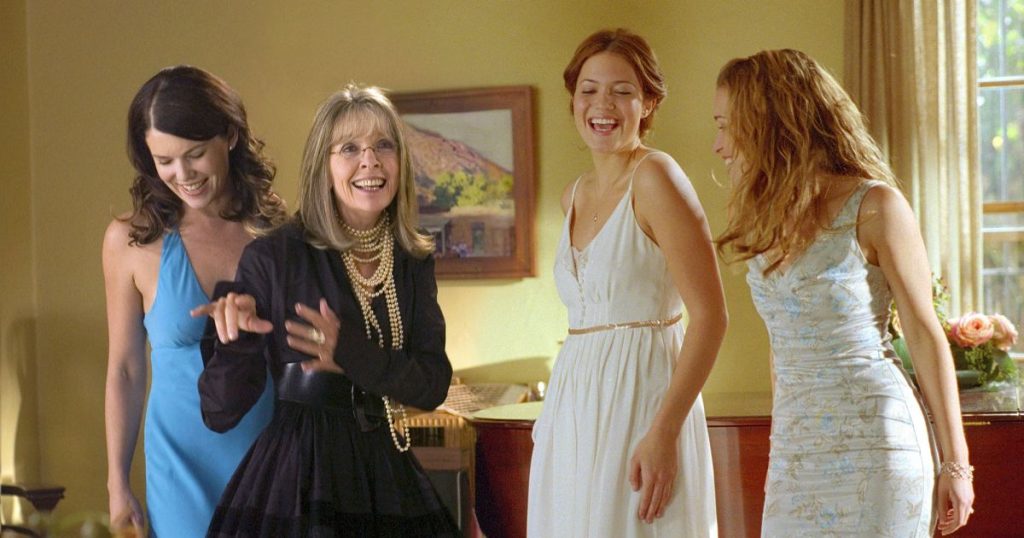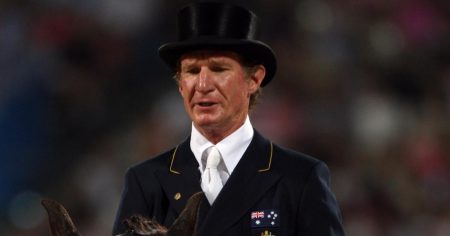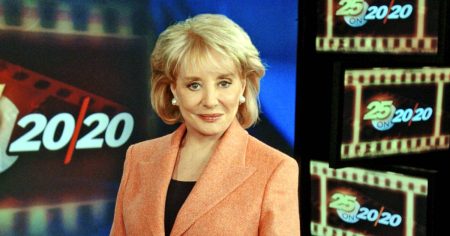Diane Keaton, renowned for her iconic roles in films like “Annie Hall” and “The Godfather,” starred as Daphne Wilder, a well-meaning but overbearing mother in the 2007 romantic comedy “Because I Said So.” The film centers around Daphne’s anxieties surrounding her youngest daughter, Milly Wilder, played by Mandy Moore, and her perceived inability to find a suitable partner. Driven by a fear that Milly will either never settle down or choose the wrong person, Daphne takes matters into her own hands, orchestrating a series of clandestine dates for her unsuspecting daughter. This sets the stage for a comedic exploration of family dynamics, romantic entanglements, and the challenges of letting go.
Daphne’s meddling isn’t limited to Milly’s love life, extending to her interactions with her two older daughters, Maggie and Mae, played by Lauren Graham and Piper Perabo, respectively. Both Maggie and Mae, having experienced their mother’s overprotective tendencies firsthand, serve as vocal critics of Daphne’s interference, often highlighting the irony of her anxieties given her own hesitations toward romance. The film deftly portrays the complex relationships between mothers and daughters, exploring the fine line between care and control, and the difficulties of accepting one’s children as independent adults capable of making their own choices. Daphne’s anxieties ultimately reflect her own unresolved issues with romantic relationships, which become increasingly apparent as the narrative unfolds.
The film’s comedic elements arise from the awkward and often hilarious situations Daphne creates in her attempts to steer Milly’s love life. Milly, initially oblivious to her mother’s machinations, finds herself on a string of ill-fated dates, each one more disastrous than the last. These encounters provide humorous fodder for the film, showcasing the clash between Daphne’s well-intentioned but misguided efforts and the unpredictable nature of romance. However, beneath the surface of the comedic scenarios lies a deeper exploration of the emotional complexities within the Wilder family, particularly the dynamic between Daphne and her daughters.
Beyond the comedic mishaps, “Because I Said So” delves into the challenges and rewards of personal growth. Daphne’s journey throughout the film involves confronting her own fears and insecurities about love and relationships. Her daughters’ consistent pushback against her interference forces her to confront her own behaviors and recognize the need for change. This realization sets the stage for Daphne’s own foray into the dating world, which proves to be both daunting and exhilarating. She eventually finds herself unexpectedly attracted to Joe, played by Stephen Collins, who happens to be the father of one of Milly’s potential suitors, Johnny, played by Gabriel Macht. This adds another layer of complexity to the already tangled web of relationships within the film.
The film’s resolution underscores the importance of open communication and mutual respect within families. As Daphne learns to let go of her controlling tendencies and embrace her daughters’ independence, the Wilder family dynamic begins to shift. Daphne’s daughters, in turn, gain a deeper understanding of their mother’s motivations, recognizing her love and concern beneath her often overbearing actions. This newfound understanding allows for greater empathy and strengthens the bonds between them. Daphne’s own romantic pursuit of Joe further emphasizes the film’s message about taking chances and embracing vulnerability, regardless of age or past experiences.
In essence, “Because I Said So” is more than just a lighthearted romantic comedy. It’s a story about family dynamics, personal growth, and the complexities of love and relationships at all stages of life. It highlights the challenges of letting go, the importance of self-discovery, and the power of communication in strengthening familial bonds. While the film employs comedic elements to entertain, it also offers a poignant exploration of the ever-evolving relationships between mothers and daughters, ultimately reminding viewers of the enduring strength and importance of family connections. The film’s exploration of Daphne’s personal journey serves as a reminder that it’s never too late to take risks, embrace vulnerability, and pursue one’s own happiness.










